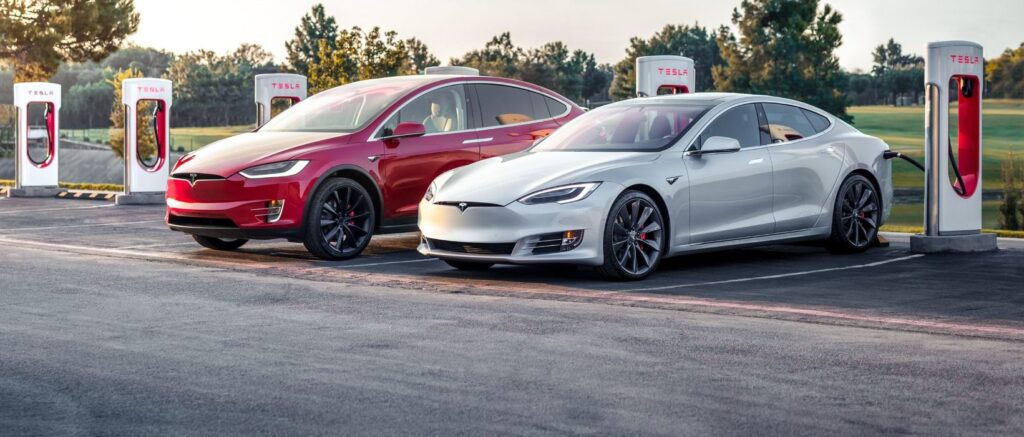Tesla has recently addressed the future of its flagship vehicles, the Model S and Model X, which have been kept around for sentimental reasons despite not aligning with the company’s future growth goals. These two vehicles were the first offerings from Tesla to the public and were originally intended as fundraisers for future mass-market, affordable models, as outlined in Elon Musk’s “Tesla Master Plan.”
However, with only 23,000 deliveries of the Model S and Model X in Q4 and questions arising about their place in Tesla’s expanding lineup, speculation has been rampant. Lars Moravy, Tesla’s VP of Vehicle Engineering, recently appeared on the Ride the Lightning podcast to provide some insight into the future of these vehicles. He mentioned that there are currently no plans to eliminate the Model S and Model X from the lineup.
When asked about potential updates for the Model S and Model X, Moravy hinted at upcoming enhancements later this year. He emphasized that while the focus is on higher volume models like the Model 3 and Model Y, the Model S and Model X still have value, especially in terms of autonomy and potential use as robotaxis. Moravy specifically highlighted the Model S for its overall quality and the Model X for its spacious interior.
Despite ongoing speculation, Moravy confirmed that the Model S and Model X are not going anywhere “anytime soon.” This statement suggests that Tesla is committed to keeping these flagship vehicles in its lineup for the foreseeable future. It appears that Tesla is planning to give some love to the Model S and Model X with updates and improvements to ensure they remain competitive in the evolving electric vehicle market.
In conclusion, Tesla’s decision to retain the Model S and Model X reflects the company’s dedication to its heritage and commitment to offering a diverse range of vehicles to meet the needs of different customers. With potential updates on the horizon, it will be interesting to see how Tesla continues to evolve its flagship models in line with its broader vision for the future of transportation.

